Feeling Distressed? Three Steps to Capital Relief
Quick action can help improve your standing with lenders, says Malcolm Davies of George Smith Partners.
As a former developer and owner who experienced the subprime financial crisis, the greatest lesson I learned was it took much longer to recover than anticipated, and my capital needs were far greater than I imagined at the outset.
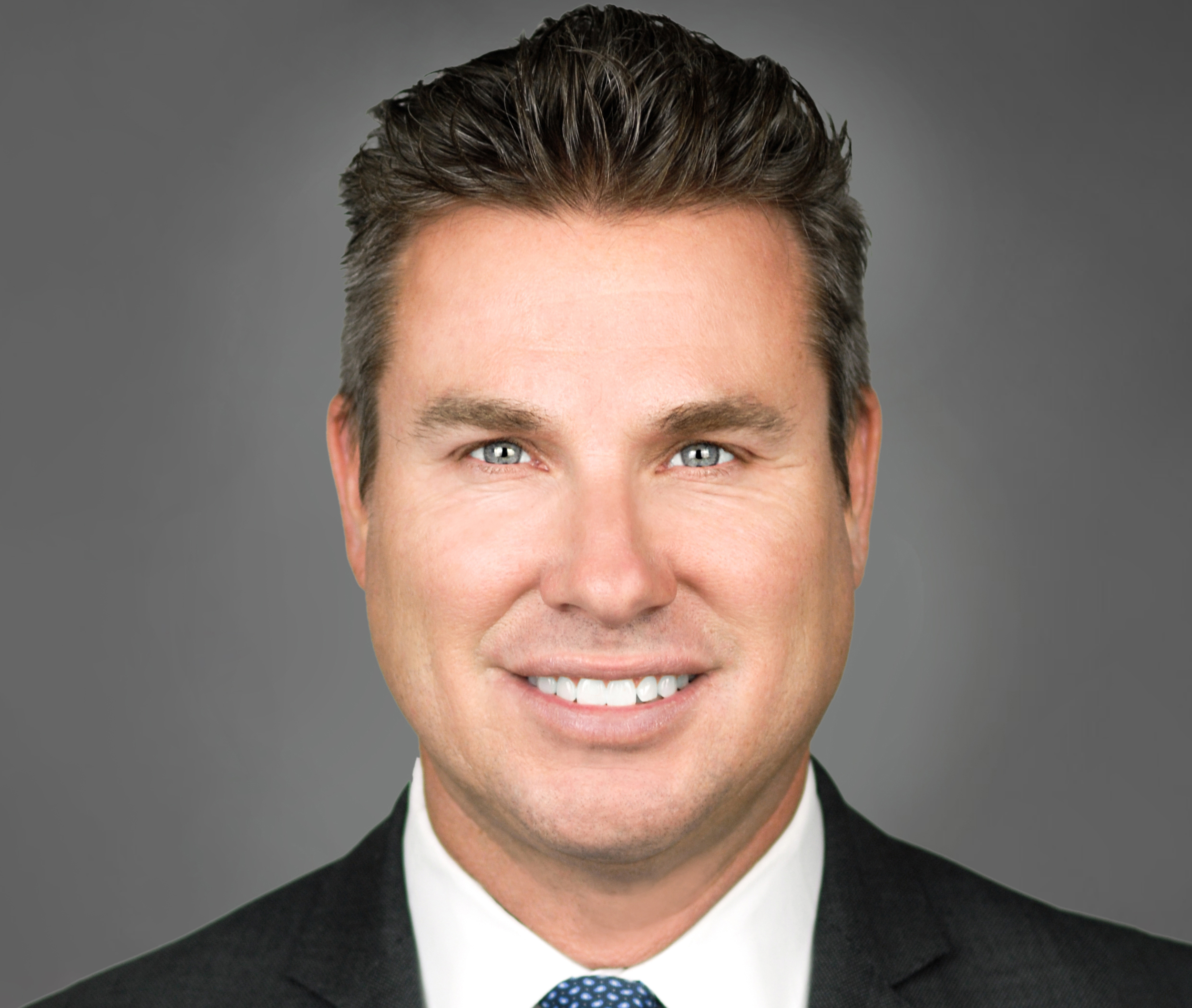
Malcolm Davies
I’ve spent the last nine years on the capital provider side of the aisle instead, which in this COVID-19 crisis has put me in a unique position to help people find the capital they need while also knowing exactly what they’re up against. If you’re staring down the barrel of loan payments while watching your balance sheet tip into the red, don’t wait to take action. As part of our team’s Capital Relief Program, we’ve outlined the following three steps to help developers and owners around the country gain capital relief.
- Talk to Your Lender
If you haven’t done so already, contact your lender and start a dialogue. Lenders aren’t immune to this crisis, and they know your troubles most likely are no fault of your own. Most will be willing to find mutually beneficial solutions within reason.
Another strategy is to determine if you can take advantage of property tax disaster relief, which allows owners to lower and even defer their property tax payments. The property owner must request this, and it’s not available in every state, but if you qualify, it might give you a bit of breathing room. Several government stimulus programs are also available and worth investigating, including the Paycheck Protection Program, the Main Street Lending Program, and the Economic Injury Disaster Loan, among others.
- Find Additional Funding
You may still need to find mezzanine, preferred equity or common equity capital to keep from defaulting on your loan. Know that if you secure this relief capital, it will come in a variety of structures. Every deal is different.
Mezzanine loans and preferred equity capital will likely come from sources such as private equity, debt funds or family offices, to name a few. The capital injection won’t come cheap— probably with a rate in the mid-teens— but it’s usually preferable to diluting your ownership, especially when everyone is hopeful that shoppers, hotel guests and other patrons will return in the not-so-distant future. In the event the asset is extremely challenged, offering a common equity profit “kicker”—a profit participation for the capital injection—should be considered before handing the keys back to your lender.
You need to take steps to find this stop-gap debt. The best-case scenario is that you have close relationships with capital providers who are willing to listen to you make the case for why they should provide relief capital. If you are one of these lucky people, speaking with multiple providers may give you valuable options.
If you don’t have those relationships, you can either put your networking skills into overdrive or hire someone who specializes in putting owners and developers in front of like-minded capital providers. A seasoned professional should have deep connections with enough capital sources that they can connect you with the right groups (virtually for now) and also help you devise an effective presentation strategy. It’s critical to get placed in front of groups that are flexible, will act more as partners in difficult situations, can provide certainty of execution and are not pursuing loan-to-own strategies.
- Be Creative
If these steps don’t yield the results you need, get creative. Does it make sense to take on a partner? Can you buy out the loan entirely through another funding source?
Revisiting the first step, consider whether you can negotiate a new payment structure that appeals to your lender more than the prospect of seizing an asset that is no longer worth its original assessment amount and that, frankly, the lender has no idea what to do with anyhow.
Above all else, it’s time to hustle. Don’t wait for others to get in line first. Now that you have a plan of attack, start today.
Malcolm Davies is a principal/managing director at George Smith Partners, a national provider of capital market services in the commercial real estate industry.


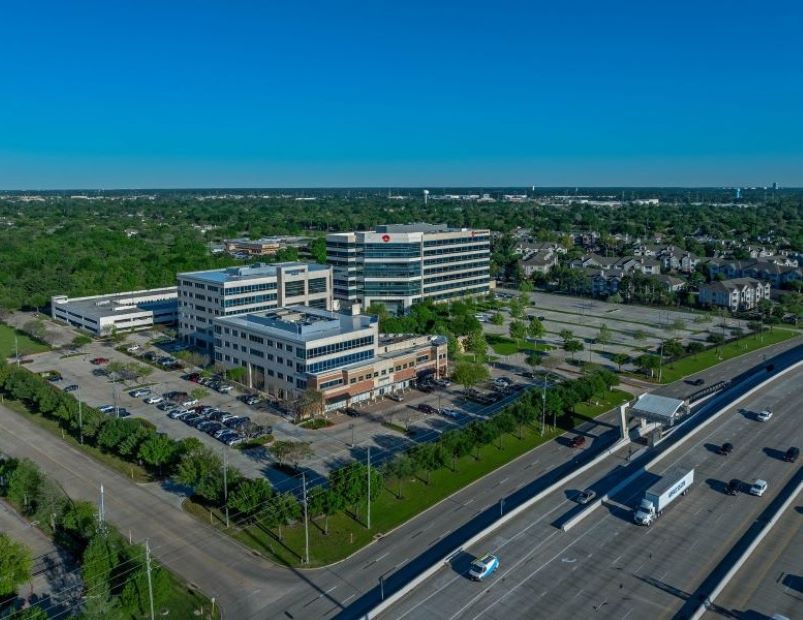
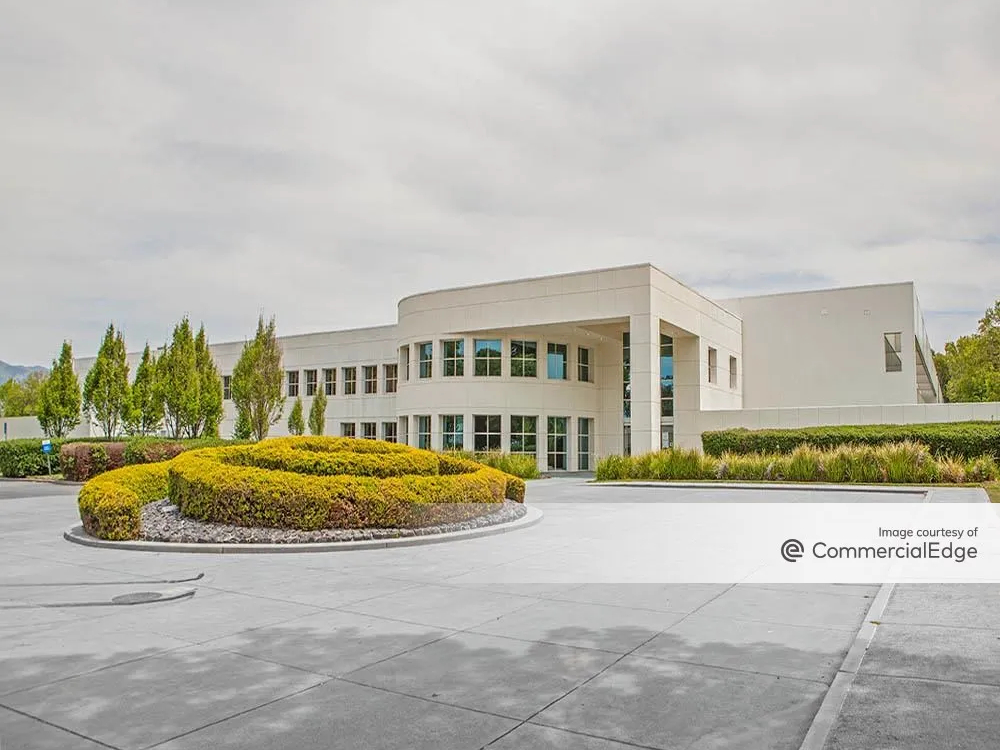
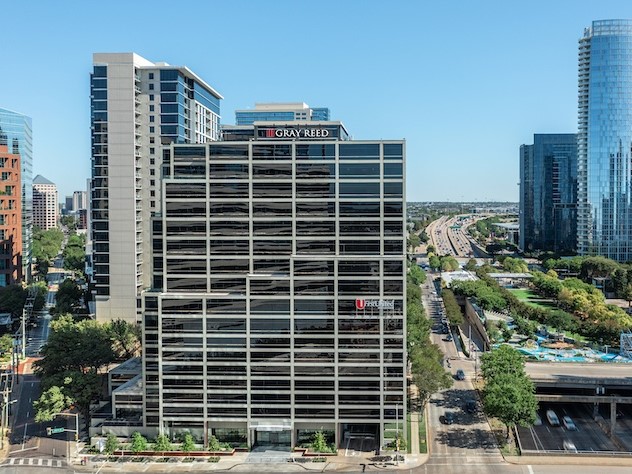
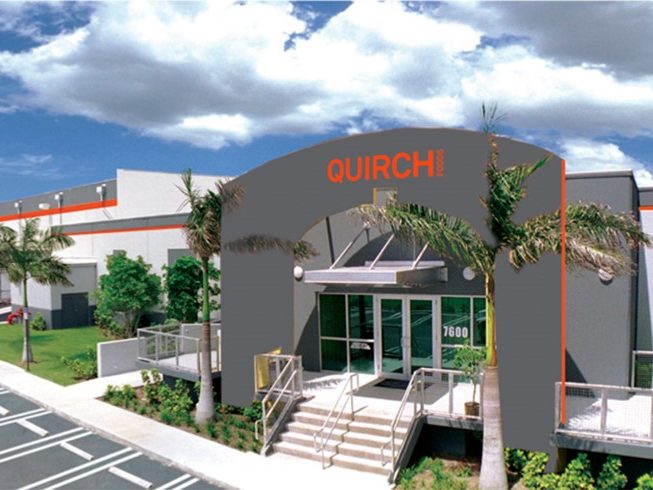
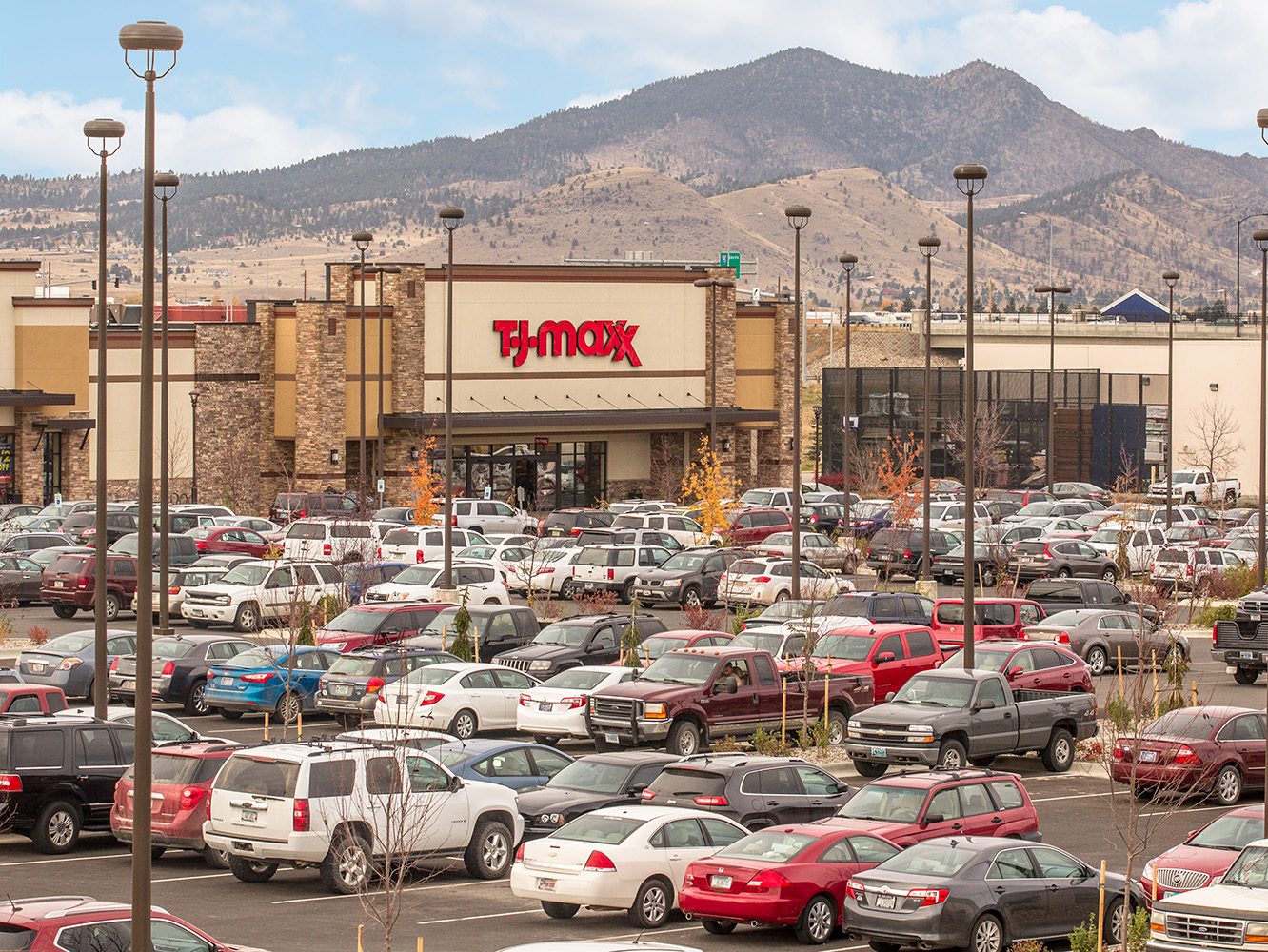
You must be logged in to post a comment.